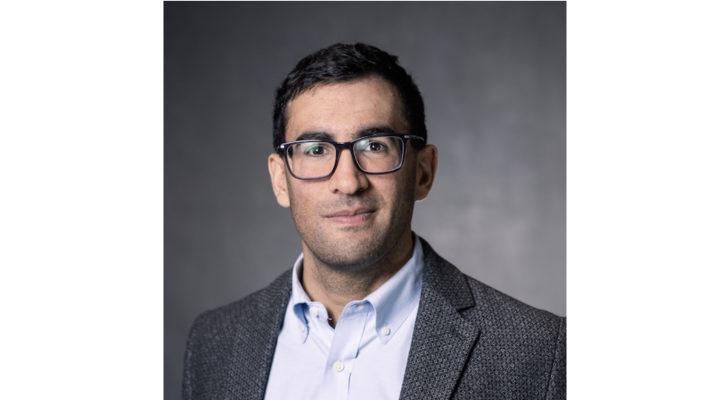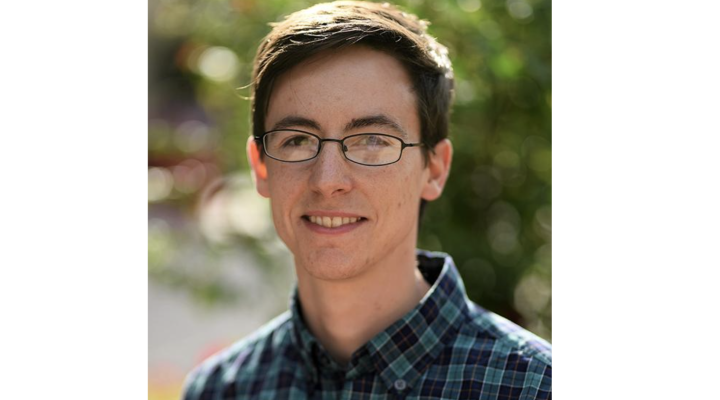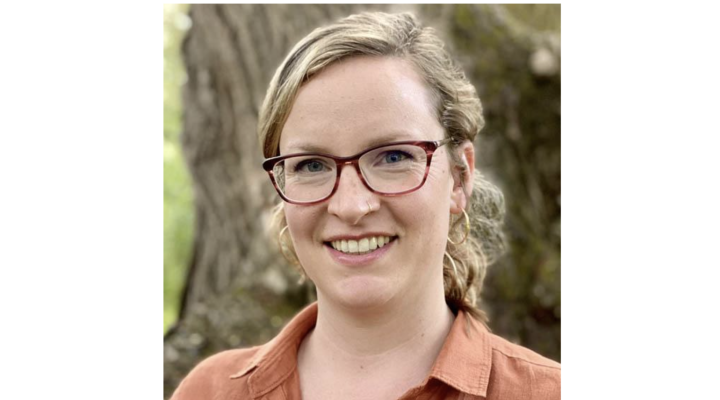If Maha Haji has her way, Ithaca might join Woods Hole and Scripps as hotbeds of applied ocean science research. Haji, who joined the faculty of Cornell Engineering’s Sibley School of Mechanical and Aerospace Engineering in the summer of 2021, wants to develop new designs for offshore systems that can sustainably extract power, fresh water, food, and mineral resources from the ocean.
“The world’s population is getting bigger. We have to meet growing energy needs, food needs, and the need for mineral resources that are key to the production of clean energy. To do this we are going to have to go deeper into the oceans,” Haji said. However, systems built to work in the ocean cannot be built in the same way as systems designed for use on land. They must be reliable, robust, and long-lived. They should be able to function well without daily maintenance.
“To keep costs down while at the same time meeting the needs of the growing population, we are going to have do things drastically differently,” Haji said. “We are going to have to utilize systems that can accomplish multiple tasks at once and that are optimized for the ocean setting. That’s the work we are going to do in my lab at Cornell.”
If you had told the 16-year-old Maha Haji that this would be her future, she might have laughed out loud. In high school, Haji wanted to become a documentary filmmaker, and she was seriously exploring summer programs for photojournalism. To apply to these programs she needed written recommendations from some of her teachers. When she asked her physics teacher, he agreed on the condition that Haji also apply to a summer program designed to expose young women to engineering.
As it turned out, the only program Haji was accepted to that summer was the Women’s Technology Program in Mechanical Engineering at MIT. So she left Florida for Massachusetts that summer, and it changed her life. “That program was what got me into engineering. And then a couple years later I got the chance to be an instructor for them. It was so valuable for me to get that exposure in high school,” Haji said.
Haji earned her undergraduate degrees from UC Berkeley in both mechanical engineering and applied mathematics. As an undergraduate, she had several opportunities to engage in hands-on research and took full advantage. For example, one project with Professor Alice Agogino focused on retrofitting gym equipment to harvest some of the energy people expend while working out in order to charge their smartphones and tablets while they exercise.
One summer, as a National Oceanographic and Atmospheric Administration (NOAA) Hollings Scholar she took part in a research internship with NOAA and Oregon State University. Haji worked on wave energy converters, examining how these machines affect the environment as well as how the environment affects these machines. She returned to MIT through the MIT Summer Research Program where she explored how to minimize drag around submersibles.
All these experiences made it clear to Haji that she wanted to learn more about ocean engineering. She continued in school and earned her doctorate at MIT, working with Professor Alexander Slocum. Her thesis was titled "Extraction of Uranium from Seawater: Design and Testing of a Symbiotic System." From MIT, Haji went to work for ATA Engineering in Huntsville, Alabama, and Austin, Texas, where she was a project engineer and helped clients use analysis to drive their design projects. Her work with ATA helped her better understand the demands of clients building real projects in the world.
“In a Ph.D. you spend a lot of time finding all of the possible answers to a problem or a challenge, but I saw that in the real world you often only need to find something that meets the requirements of the client and is safe,” Haji said.
She is thrilled to be back in the academic world at Cornell, where she does not have to stop her explorations once she finds an answer that simply “meets the requirements.” At the same time, she values what she learned in her time at ATA. “I can dive deeper into questions I have and take my curiosity further, but I now also have a little more insight into what is actually needed by the people and companies that implement some of these technologies,” Haji said.
Haji was motivated to join the faculty at Cornell Engineering for compelling reasons. “The research I do is inherently interdisciplinary,” Haji said. “And Cornell already has strong research happening in the areas of aquaculture, chemistry, biology, and materials science. Because Cornell is so great in so many areas, it is the perfect place to carry out this kind of interdisciplinary work that I want to do.”
When Haji is not thinking about ocean engineering solutions to hunger, energy, and resource challenges, she likes to read, watch movies, hike, and play with the puppy that helped get her through the many months of pandemic office and lab closures.





